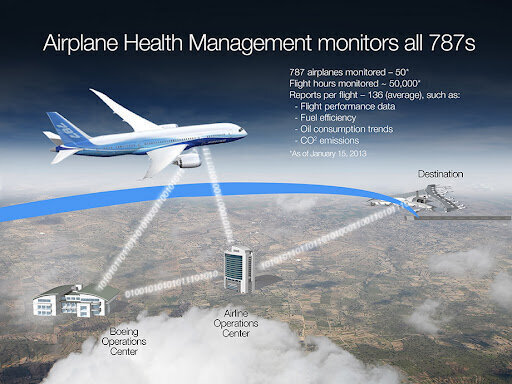Connected Travel Health Monitoring leverages artificial intelligence (AI) and connected devices to monitor health conditions and provide tailored travel health recommendations. This innovative approach enhances the travel experience by ensuring that travelers can manage their health effectively while on the move.
AI-Powered Health Monitoring
AI technologies, particularly machine learning (ML) algorithms, are integral to the development of connected health monitoring systems. These systems utilize data from various sources, including health monitoring apps and wearable devices, to track vital health metrics such as heart rate, sleep patterns, and physical activity. By analyzing this data, AI can deliver personalized health insights and alerts, enabling users to make informed decisions about their health while traveling[1][2].
Wearable health devices, such as smartwatches and fitness trackers, continuously collect data that can be processed by AI systems. These devices can recognize patterns in user behavior and health metrics, allowing for real-time health assessments. For instance, if a traveler experiences elevated stress levels or irregular heart rates, the system can prompt them to take necessary actions, such as practicing relaxation techniques or seeking medical attention[3][4].
Travel Health Sensors and Applications
Travel health sensors are another critical component of connected travel health monitoring. These sensors can be integrated into various devices, from smart patches that monitor vital signs to mobile apps that provide health recommendations based on individual health profiles. For example, an app might suggest specific dietary options or activities that align with a traveler’s health needs, such as avoiding certain foods due to allergies or recommending low-impact exercises during a trip[4].
Moreover, the integration of health monitoring technology with telemedicine services allows travelers to connect with healthcare professionals remotely. This capability is particularly beneficial in emergencies or when traveling to areas with limited access to medical facilities. By having immediate access to healthcare advice, travelers can ensure their health is managed effectively, regardless of their location[4][5].
Future of Connected Travel Health Monitoring
The future of connected travel health monitoring is poised for significant advancements, driven by the ongoing development of AI and wearable technology. As these technologies become more sophisticated, they will enable more personalized and predictive travel experiences. For instance, future applications may not only monitor health conditions but also recommend travel routes and accommodations based on health data, ensuring that travelers can maintain their well-being throughout their journeys[1][4].
In summary, connected travel health monitoring represents a transformative approach to managing health during travel. By harnessing the power of AI and connected devices, travelers can enjoy a healthier travel experience, equipped with the tools and insights necessary to make informed health decisions on the go.
Further Reading
1. https://www.pymnts.com/news/artificial-intelligence/2024/how-ai-and-wearable-data-could-drive-better-cheaper-health-outcomes/
2. AI Based Health Monitoring System Development
3. Wearable Health Monitoring Devices | EPAM Startups & SMBs
4. The Role of Technology in Modern Travel and Health
5. The Future of Telemedicine Technology with IoT and AI – Intel


